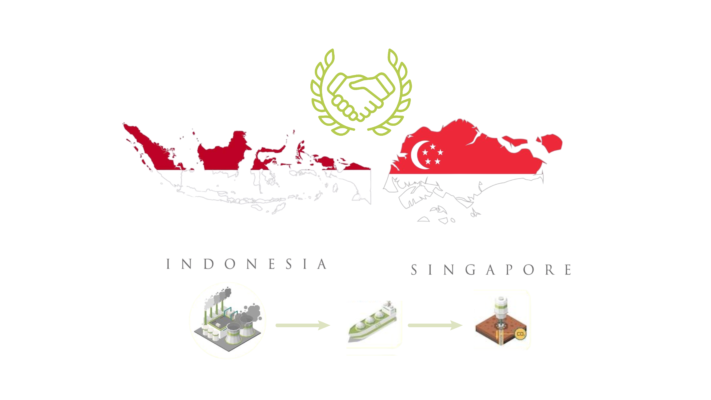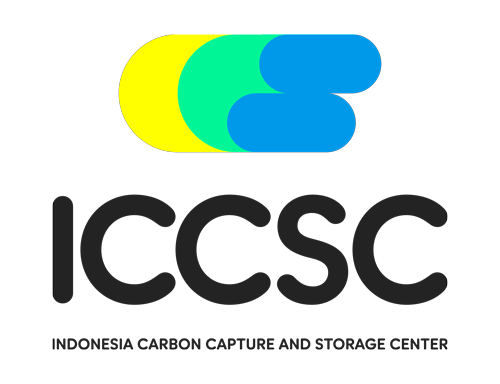
On 13 June 2025, after intensive deliberations led by Indonesia’s Ministry of Energy and Mineral Resources (ESDM) and Singapore’s Ministry of Trade and Industry (MTI), the two nations inked Southeast Asia’s cross-border Carbon Capture and Storage (CCS) pact, aligning Singapore’s target to store 2 Mt CO₂ annually by 2030 (rising to 6 Mt by 2050) with Indonesia’s roughly 600 gigatonnes of subsurface storage capacity and ambition to become the region’s CCS hub. This important milestone positions both countries as net-zero pathfinders while unlocking major investment, job creation, and technology transfer, with a forthcoming legal framework set to govern long-term liability and carbon-credit ownership.
Key Milestones
Initiated by Singapore’s Ministry of Trade and Industry (MTI) and Indonesia’s Coordinating Ministry for Maritime Affairs and Investment (Kemenko Marves) back then in 2023—with the support of Indonesia CCS Center (ICCSC) acting to bridge between MTI and Kemenko Marves, the partnership has notched the following achievements:
• October 2023: MTI and ICCSC organized a workshop at MTI office inviting ICCSC’s members and also Gov of Indonesia (Kemenko Marves, Esdm and Skk Migas).
• December 2023: Singapore’s EDB, ExxonMobil, and Shell formed the S-Hub consortium to develop a cross-border CCS project, aiming to capture 2.5 Mtpa of CO2 by 2030.
• January 30, 2024: Indonesia issued Presidential Regulation No. 14/2024, Enabling Indonesia to do CCS cross border.
• February 9, 2024: A Letter of Intent (LOI) on cross-border CCS was signed between Kemenko Marves and MTI, formalizing bilateral cooperation.
• February 27, 2025: Policy workshop led by Coordinating Ministry for Economic Affairs and supported by ICCSC refines fiscal incentives and liability provisions for cross-border storage.
• June 13, 2025: Singapore and Indonesia signed three MOU’s, deepening green energy partnership, including further CCS collaboration and exploring a legally binding bilateral agreement for CCS project implementation.
Indonesia’s emerging CCS sector could create up to 170.000 new jobs by 2030 and attract roughly US $43 billion in investment across up to 19 projects, placing the Singapore–Indonesia partnership at the vanguard of cross-border CCS development in Southeast Asia and offering a compelling model for regional environmental cooperation. Looking ahead, Indonesia plans to solidify its status as the region’s primary CO₂ storage hub and sustain the bilateral negotiation with the other neighboring countries and ICCSC is ready to support the next required effort for the partnership between Indonesia and Singapore.

